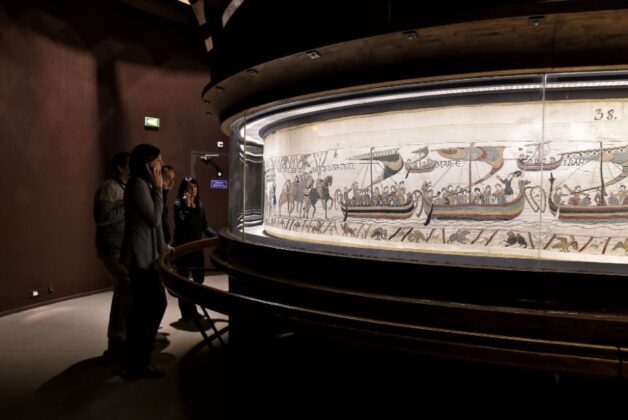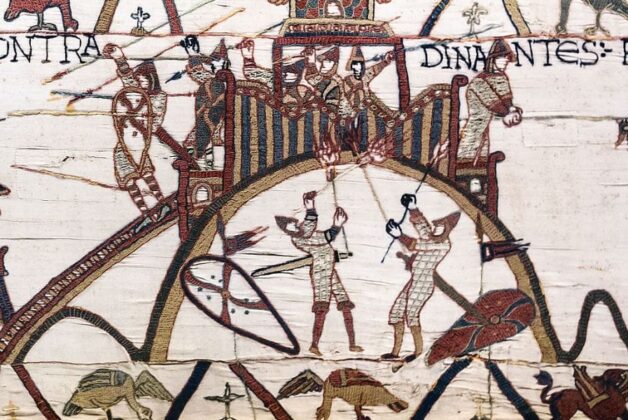A new report by Axiell and the Museums Computer Network (MCN) in the US explores the current digitisation strategies of today’s collections management organisations, drawing on the views of more than 100 professionals working in museums, archives, galleries and other collections institutions
Digitising Collections: Leveraging Volunteers & Crowdsourcing to Accelerate Digitisation finds that digitisation is a priority for 86 per cent of collections institutions, but few are progressing quickly towards their digitisation goals, according to new research from Axiell, a leading provider of collections management software to archives, museums and libraries.
The study, carried out in collaboration with the MCN, questioned more than 100 professionals working in collections institutions worldwide, including museums, archives and galleries. It reveals that 40 per cent want to ultimately digitise their entire collection, while 69 per cent aim to digitise over half. Only 16 per cent said they will have met their digitisation goal within the next five years.
A total of 118 respondents took part in a global survey launched in October 2016 and follow up interviews were conducted with a sample of the participants. In particular, the authors focus on how readily these institutions are integrating volunteers into their approach and moving to crowdsourcing to increase their rate of digitisation. Examples from more than 10 institutions world-wide provide insight into how these strategies are working in practice.
The report also explores the digitisation strategies of today’s collection management organisations and the role of volunteers and crowdsourcing, and presents exclusive interviews with a range of institutions, including the Smithsonian Transcription Center and the Missouri Botanical Gardens.
“Institutions are focusing on digitisation to both validate and enhance their collection and make their materials more discoverable and accessible,” said Adam Schatz, Managing Director, Archives, Libraries & Museums, Axiell Group. “However, our research shows there is a clear digitisation backlog so it is not surprising that institutions are striving to increase their capacity to meet their goals.”
The report highlights that 83 per cent of institutions believe volunteers represent a significant opportunity to support digitisation efforts, with 70 per cent currently leveraging volunteers to achieve their digitisation goals compared to only 24 per cent who are hiring more staff. The primary area where volunteers are being used is data entry (81 per cent), with 39 per ecnt also using them for data cleaning. Only 6 per cent of institutions ruled volunteers out as an option.
Crowdsourcing, while not yet commonplace, is also seen as an opportunity, with 60 per cent of institutions considering or already doing this.
“The majority are already making use of volunteers to accelerate digitisation and, while crowdsourcing strategies are not as advanced, institutions understand the opportunity this offers,” said Schatz. “However, there are improvements that institutions can make to help expedite their progress. Volunteers require training on systems, which can only be accessed on a limited number of computers, while any crowdsourcing approach must guarantee the integrity of data.”
He says that working with systems that offer a web-based interface for remote, but controlled access, alongside an intuitive user experience, collections institutions can effectively leverage volunteers and crowdsourcing to super-charge their digitisation strategies.
However, the study reveals notable challenges in using volunteers for data-led activities and introducing crowdsourcing initiatives. Issues cited include: investing time to train new/casual users on systems (75 per cent); providing enough PCs with access to the collections management system (CMS) (47 per cent); and volunteers only being able to access the CMS on site (48 per cent).
The top challenges holding back crowdsourcing strategies, include: ensuring the accuracy of the data captured (75 per cent); reconciling data from crowdsourcing portals into CMS solutions (63 per cent), and enabling online access to the required materials (54 per cent).




